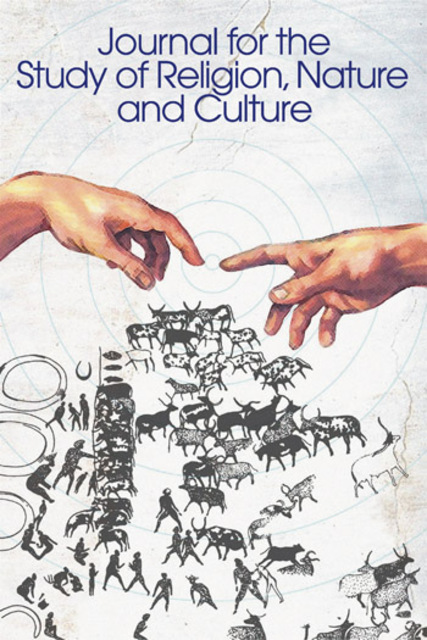Disaster Movies and the ‘Peak Oil’ Movement: Does Popular Culture Encourage Eco-Apocalyptic Beliefs in the United States?

Full description
Using two large-scale surveys, I argue that the prevalence of apocalyptic popular culture influences apocalyptic beliefs in the United States. I focus especially on Hollywood disaster movies of the 1990s and 2000s, most of which deal with environmental themes, and participants in the ‘peak oil’ movement, a quasi-religious American apocalyptic social movement organized around a vision of energy depletion and social collapse. In these surveys, ‘peakists’ reflect on their relationship with fictional narratives of disaster and destruction. I contend that disaster films influenced major aspects of the ‘peak oil’ ideology, such as the hope for regeneration (or even a better world) as a result of environmental crisis and social collapse; the tendency towards fatalism; and the imagination of social and environmental change as immediate and explosive instead of gradual. This cultural influence is situated in the context of contemporary responses to other environmental issues, such as climate change.
- typeImage
- created on
- file formatjpeg
- file size107 KB
- container titleJournal for the Study of Religion, Nature and Culture
- creatorMatthew Schneider-Mayerson
- issnISSN: 1749-4915 (online)
- issue7.3
- publisherEquinox Publishing Ltd.
- publisher placeSheffield, United Kingdom
- doi
We use cookies to analyze our traffic. Please decide if you are willing to accept cookies from our website. You can change this setting anytime in Privacy Settings.
